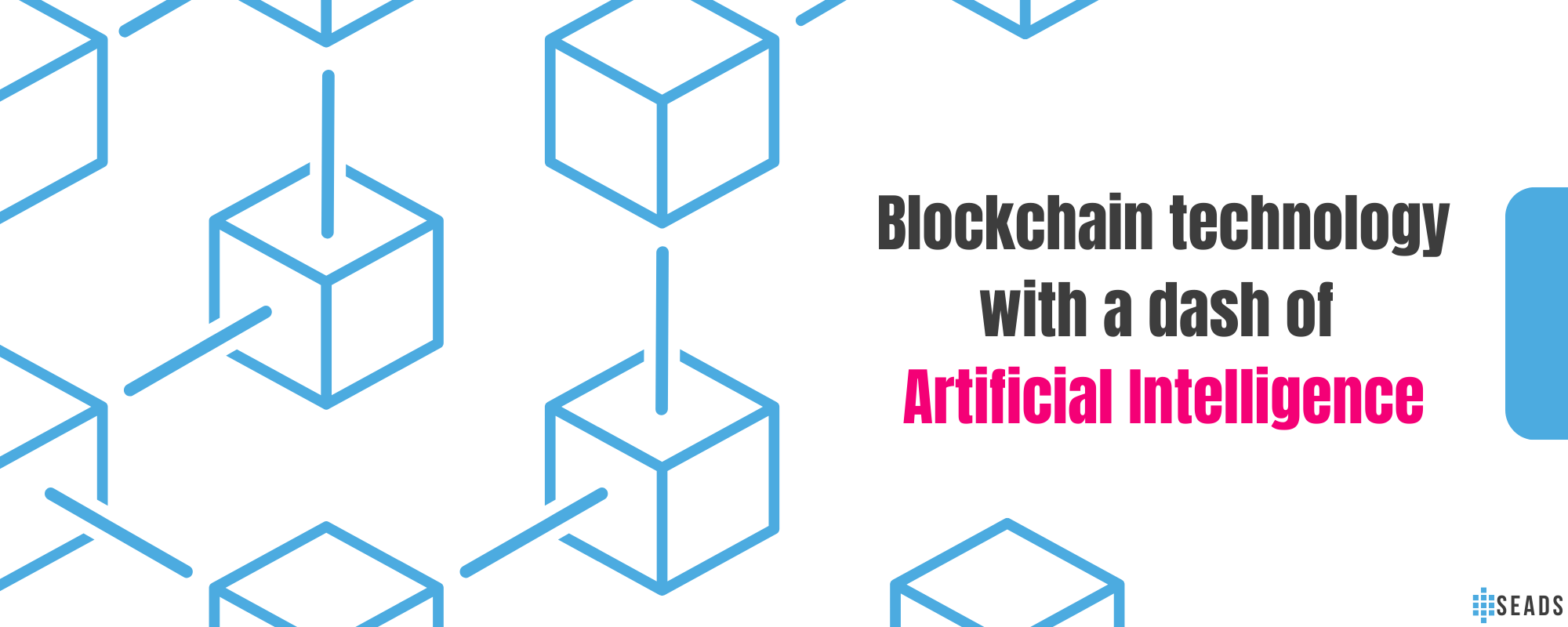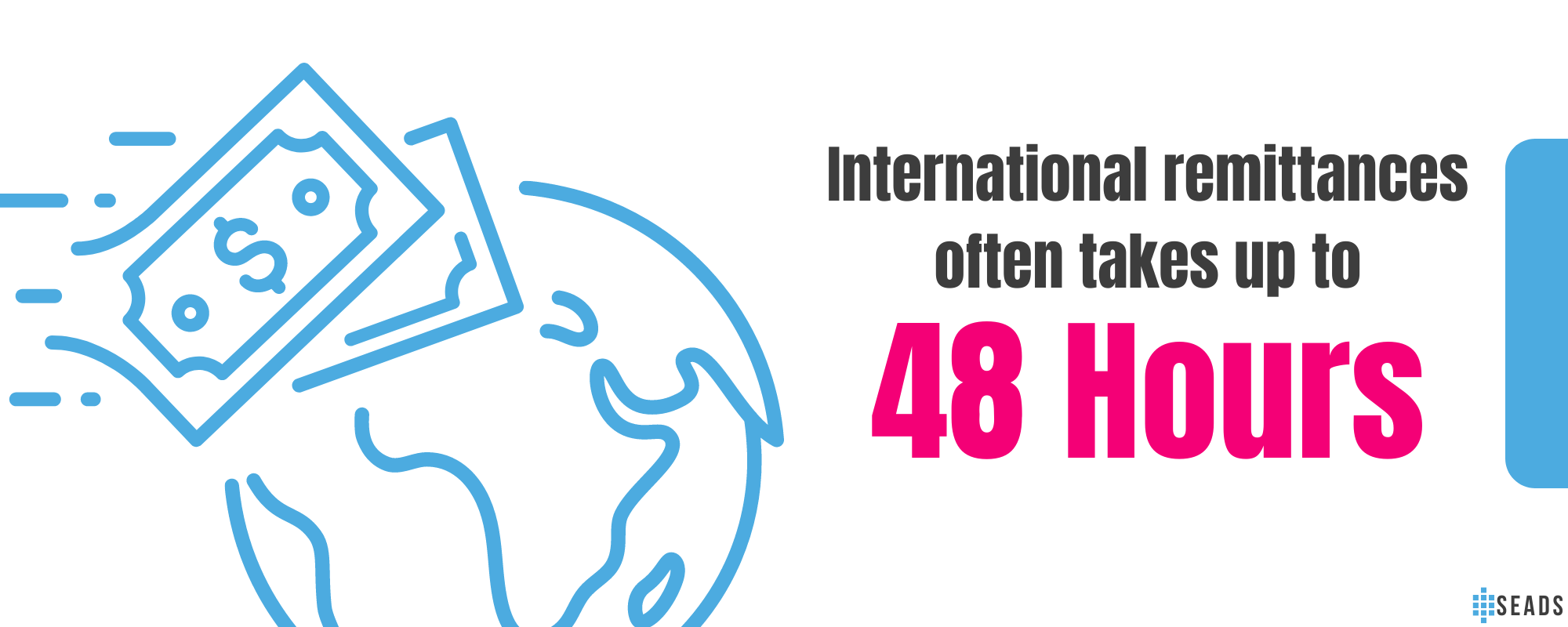China’s Academy of Information and Malaysia’s Universiti Malaya (UM) are set to collaborate on a groundbreaking project aimed at enhancing blockchain technology through the integration of artificial intelligence (AI), according to a report by Times of Startups. The partnership seeks to leverage the potential of AI and blockchain to develop more efficient and secure trade practices in Southeast Asia.

To facilitate this initiative, Zetrix, a renowned technology company, will develop the layer-1 distributed blockchain technology that will serve as the foundation for the study. Zetrix is widely recognized for its innovative solutions in privacy and security features, making it an ideal partner for this endeavor.
The integration of AI and blockchain holds significant promise as both technologies have emerged as key drivers in the fourth industrial revolution. While they have individually demonstrated their importance over the past five years, limited research has been conducted on their integration. This collaboration aims to bridge this gap and explore the synergistic potential of AI and blockchain.
Dr. Saaidal Razalli Azzuhri, a prominent leader at UM, emphasized the importance of AI in their research, stating that it will expand their capabilities and create new opportunities, potentially leading to breakthroughs in cross-border trade. This sentiment aligns with the pressing need to address challenges faced by Southeast Asian countries, particularly in international remittances.

Southeast Asia has encountered issues such as high fees and lengthy delays, with international remittances often taking up to 48 hours to complete. In response, countries in the region are devising plans to implement central bank digital currencies as a means to tackle these challenges.
In a collaborative effort, multiple international organizations have united to streamline cross-border transactions within Southeast Asian countries. Notably, the Asian Development Bank has recently completed a proof-of-concept for a bond settlement scheme aimed at facilitating cross-border transactions in the region.
The research collaboration between China and Malaysia forms an integral part of China’s government-to-government (G2G) initiative, led by the Ministry of Science and Technology (MOST). This initiative serves as a testament to the determination of both nations to propel technological advancements and promote international cooperation in the realm of AI and blockchain.
As the study progresses, China and Malaysia aim to gain valuable insights into how AI and blockchain can integrate seamlessly to enhance trade practices in Southeast Asia. The potential outcomes include more secure and efficient cross-border transactions, ultimately benefiting the region’s economy and contributing to the ongoing evolution of the fourth industrial revolution.